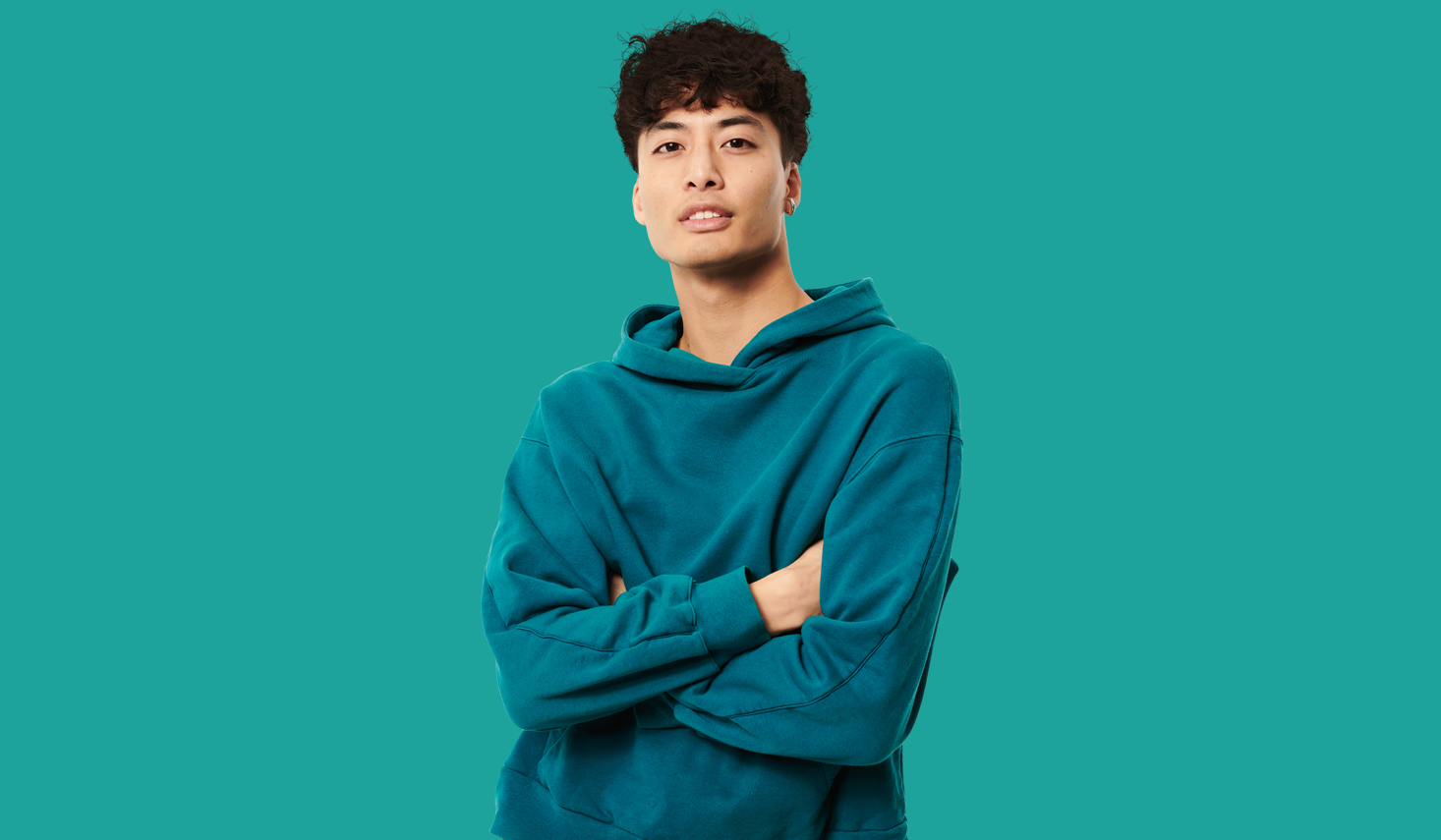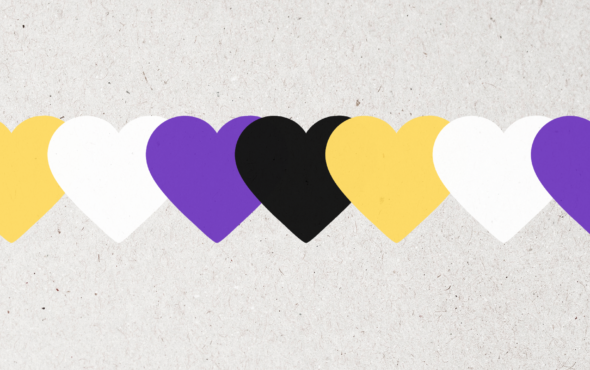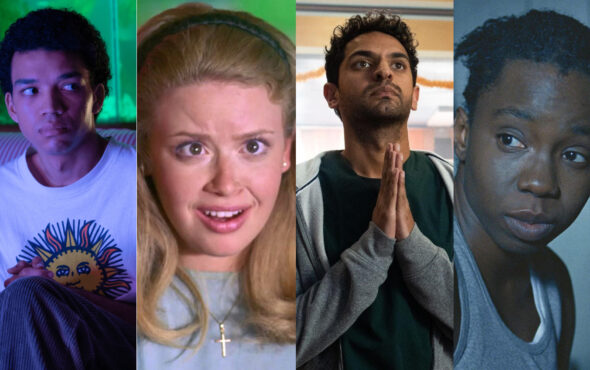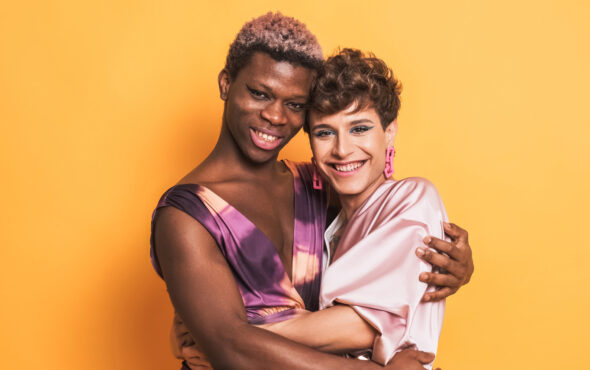
Growing up in Hong Kong, talking about sex and sexual health was heavily stigmatised. Safe sex, regular testing, and how to navigate sexual relationships were not topics people brought up. There was a huge lack of proper sex education even when I studied in the UK.
Looking back, there is so much that I wish I’d known when I first started experimenting with my sexuality. All the stigma I grew up with around HIV and queerness made me want to suppress who I truly was. And because of these stigmas, I was afraid to test for HIV during my teenage years.
Finally, I had no choice but to test, as I had left an abusive relationship and needed to take control of my own sexual health. My first testing experience was very intrusive. The healthcare professional didn’t believe me when I told him I slept with men and even questioned whether I knew what being gay meant. I felt incredibly uncomfortable to the point where I wanted to leave the testing room. It made me feel like getting tested was something to be ashamed of because of my sexuality.
Homophobia, transphobia, and biphobia are barriers that prevent a lot of people from coming forward to test for HIV. When I was 17 years old, I came out to some of my relatives and the response was: “It’s cool that you’re gay, but just don’t get HIV.” Their fear-mongering associations terrified me. It made me afraid to live my sexuality authentically.
It wasn’t until I moved to London and visited Dean Street that I realised that testing was nothing to be embarrassed about. Many people in the LGBTQIA+ community test regularly and understand that taking control of their sexual health is empowering.
HIV is now a very open conversation for me, my friends, and within my communities. As soon as I found out about PrEP, I went on it straightaway. Before I hook up with anyone, I will always ask them when they last got tested and whether they’re on PrEP. Most people I encounter will ask me about my sexual health too. The openness of people disclosing and discussing their sexual health statuses on dating apps is an incredible step forward towards HIV prevention.
Sleeping with someone who was living with HIV was also a turning point for me. Through him, I learned how much HIV has changed since the 1980s and how people on effective HIV treatment can’t pass it on to sexual partners.
It is my absolute honour to be part of National HIV Testing Week and to platform conversations about sex and sexual health loudly and proudly. Being a performer means that I have the unique opportunity to speak to my audience when I’m on stage. I’m sex positive and try to lead by example. It’s really important for me as a visible, queer Asian person to speak to my community and derail stigmas through my words and actions. Representation matters because this is a conversation that all communities should be having openly.
National HIV Testing Week runs from Monday 6 February – Sunday 12 February and it’s never been easier to test for HIV. This year, free HIV tests are available England-wide for you to do at home and get a result in just 15 minutes. It works similarly to a COVID lateral flow test, but through using a few drops of blood from a small prick on your finger.
There’s also an option for you to order a test where a small blood sample is sent to a lab and screened for both HIV and syphilis. For those who prefer face-to-face services, free HIV testing is available from local sexual health clinics. Have you tested this week?
Order your free HIV Test in plain packaging now via www.startswithme.org.uk!
Jason Kwan (he/they) is HIV negative and an ambassador for National HIV Testing Week 2023.
He is a queer non-binary singer-songwriter, and model. @jasonkwanmusic


